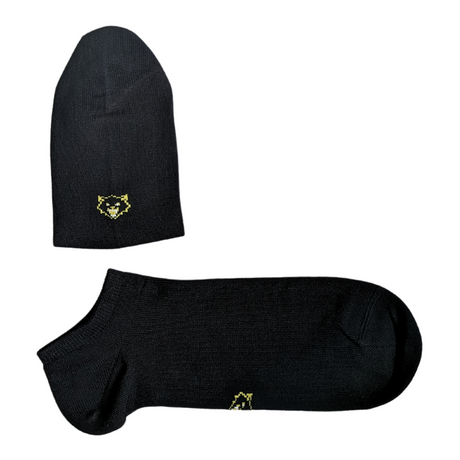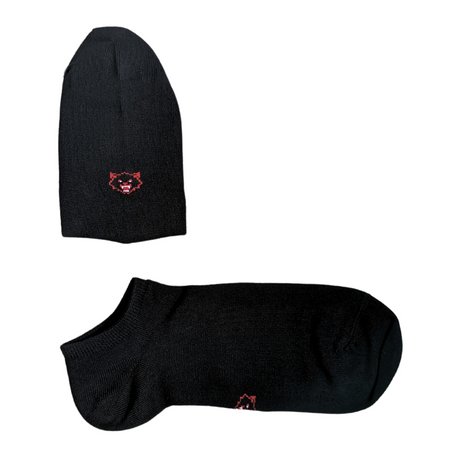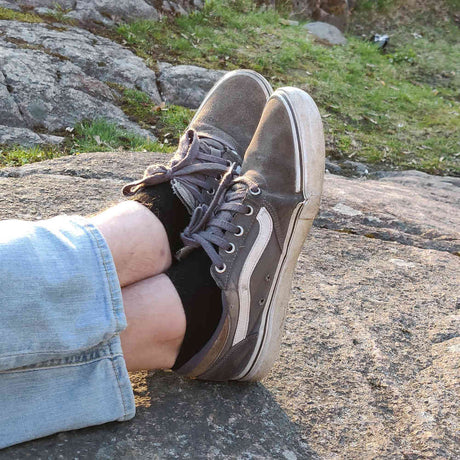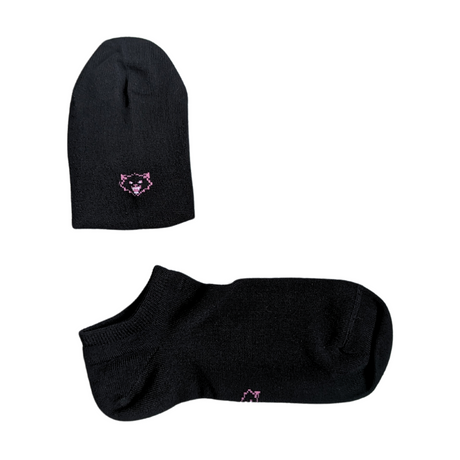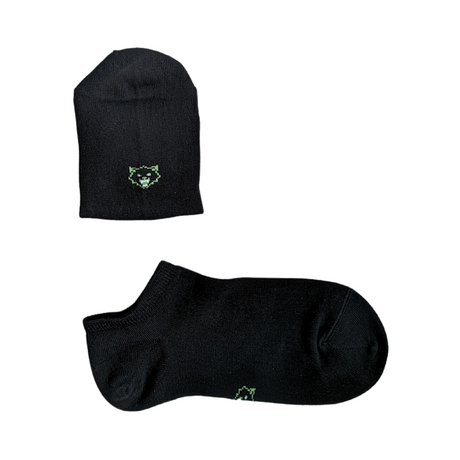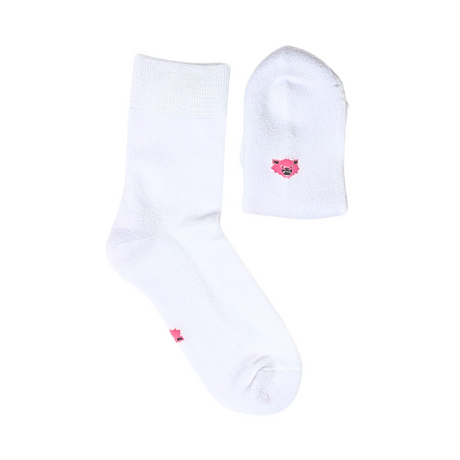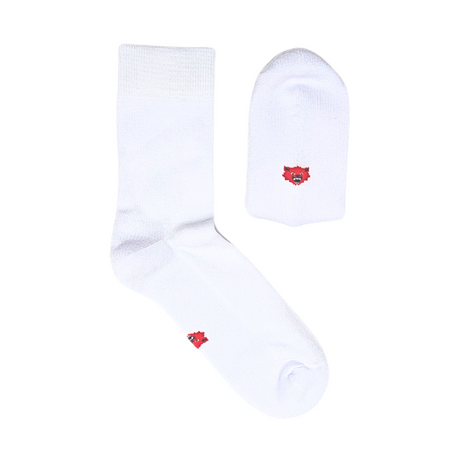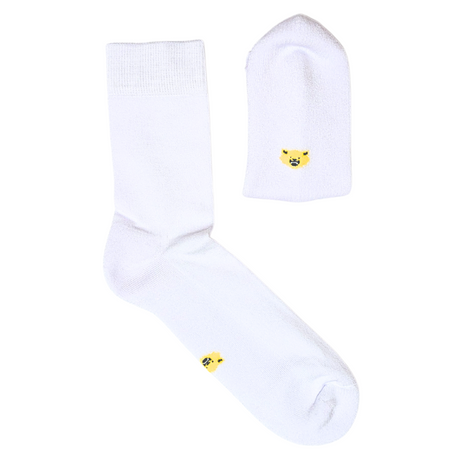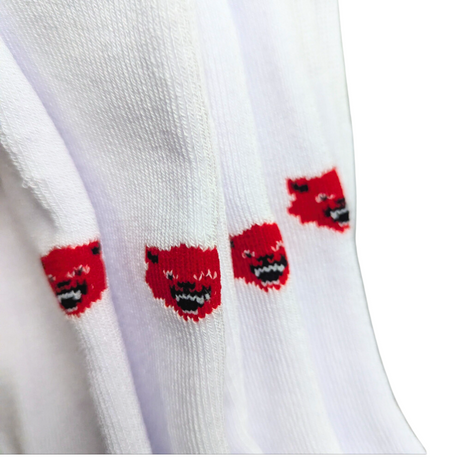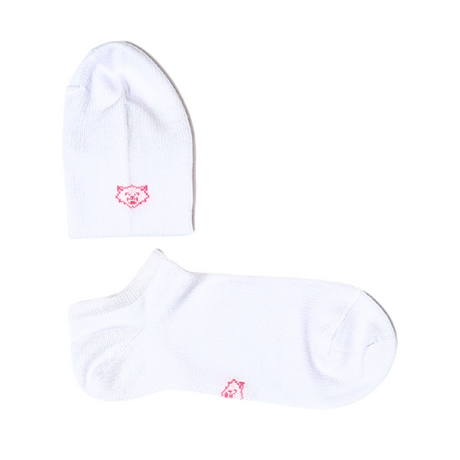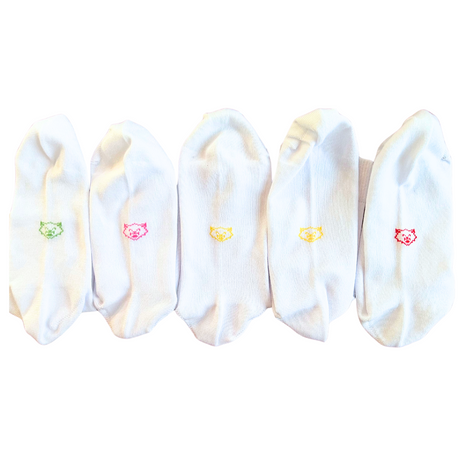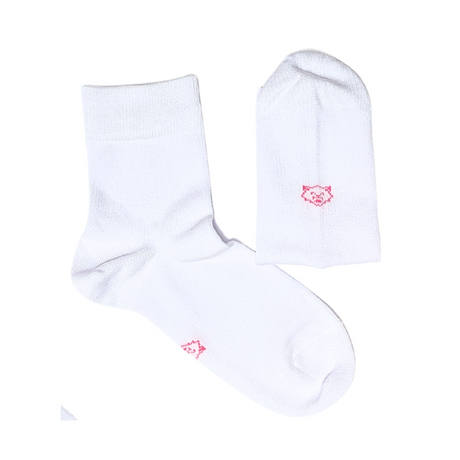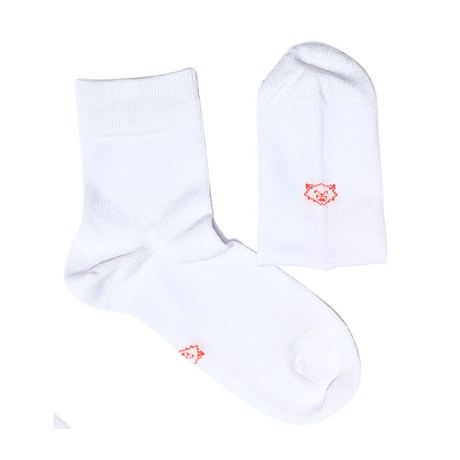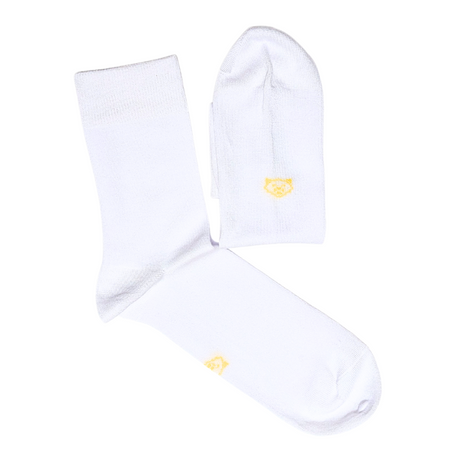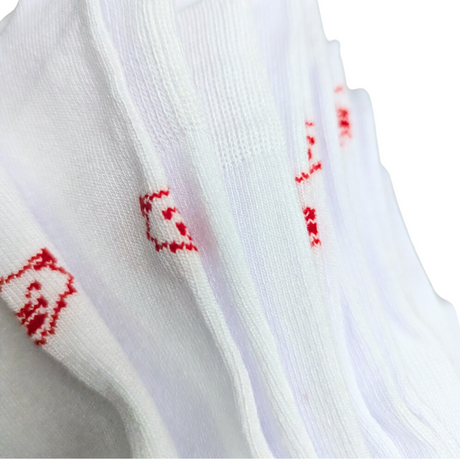Wasted Sock is a clothing brand founded in 2020 that aims to make people's lives easy, fun, sustainable and ecological. We only sell one high-quality domestic sock model so you no longer have to worry about sorting or looking for socks. Our other clothes are as simple and eco-friendly as possible.
Many of us don’t sacrifice many ideas for socks, as they are for many bulk goods that come and go. The socks are mostly on the mind when the heel goes through the sock or again that other pair has disappeared into the washing machine or the wig of the sock in the rush of the morning.
Our answer to this is a high quality, domestic bamboo sock with different sizes identified by the color of the logo. We want quality, durability, comfort and domesticity to be expected from socks as well. After all, we all wear socks almost every day.
Ease
The story of the waste stock comes from the pursuit of ease. Everyone knows the story of a washing machine that eats socks. In the morning, when you’re looking for another pair of socks, sometimes a curse word, if any, comes to mind. Waste socks make life easy: you buy a full household wardrobe full of the same quality black socks and you never have to think about sorting or looking for socks again. We have marked different sizes of socks with a different colored logo on the bottom of the sock to identify your own socks from the socks of your roommates. We also make shopping easy - you don't have to think much about which color of clothing you want to buy or whether the garment is eco-friendly - we've done it for you.
Sustainability
Sustainability can mean many things: the nature of the material or the way it works for humanity. The waste sock as a company wants to support both. We strive to choose the most environmentally friendly materials, packaging materials and sustainable human-friendly production processes for our clothing. Our socks are made in Finland, so by buying our socks you support domestic work and you can be sure of the quality of the product. The wear resistance of a garment is a big part of its ecology. When a garment lasts a long time, you naturally don’t have to buy more clothes as often. Washing clothes at low temperatures will extend the life of your clothes. For example, you can get our socks very clean in just a 40 degree wash.
The socks have been tested to be harmless in accordance with the Oeko-Tex standard 100.
Bamboo
Our socks are made of bamboo viscose. No material is completely ecological or problem-free, but compared to traditional sock materials such as cotton, bamboo viscose can be considered ecological and durable.
Bamboo can grow up to a meter a day, does not require much watering and does not need irrigation, fertilizers or pesticides to grow. Bamboo can grow ten times the amount of cotton compared to an area of the same size. It sequesters up to twice the amount of carbon dioxide and produces 30% more oxygen than ordinary trees. Thanks to its strong roots, bamboo is useful in areas suffering from landslides, as the roots hold the ground in place. Bamboo is grown industrially, so bamboo used for clothing is not off the list of any animal.
As a sock material, bamboo is excellent compared to cotton, for example. Bamboo breathes great and feels cool in hot weather and warm in cold weather. It is soft and absorbs moisture very effectively. Bamboo viscose is a durable material, so we believe it is an ecological option because it lasts longer than a regular supermarket sock.
The processing of bamboo viscose is, of course, a burden on nature, so it is not completely organic, but we consider it a more ecological alternative than cotton, for example.
Antibacterial or not?
Bamboo viscose is an antibacterial material, meaning that bacteria do not thrive on it, which reduces odor and, for example, the risk of infection. There are many misconceptions about the antibacterial properties of bamboo garments, because although bamboo is an antibacterial plant, its antibacterial properties are not retained through the processing process until the garment. The antibacterial nature of bamboo viscose is due to the fact that all viscose materials are antibacterial - so bamboo viscose is not more antibacterial than other viscose, but clearly more antibacterial than cotton, for example.

















